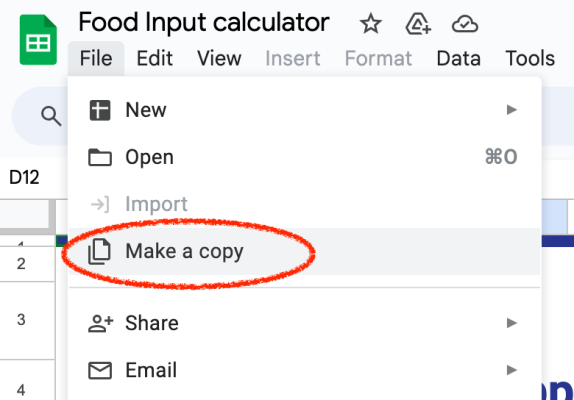my LFS CSR told me that high phos levels can come from using flakes and pellets rather than frozen brine /shrimp; basically putting food to two categories : food that we give to our stock that derives from the ocean tends to not increase phosphates, but any food that we provide our fish and species that is land-based will increase phosphates. Is this true? I was looking at the ingredients on my flakes and pellets and definitely has wheat and other products that would be land based. but Who just wants to feed their fish frozen cubes entirely? seems like a drab diet.
Navigation
Install the app
How to install the app on iOS
Follow along with the video below to see how to install our site as a web app on your home screen.
Note: This feature may not be available in some browsers.
More options
You are using an out of date browser. It may not display this or other websites correctly.
You should upgrade or use an alternative browser.
You should upgrade or use an alternative browser.
types of fish, food, and phosphate levels
- Thread starter Ballyhoo
- Start date
- Tagged users None
Some foods have higher phosphate levels than others, but they will all contain some - the quote below discusses a calculator to estimate how much nitrate and phosphate a food will add to your tank:my LFS CSR told me that high phos levels can come from using flakes and pellets rather than frozen brine /shrimp; basically putting food to two categories : food that we give to our stock that derives from the ocean tends to not increase phosphates, but any food that we provide our fish and species that is land-based will increase phosphates. Is this true? I was looking at the ingredients on my flakes and pellets and definitely has wheat and other products that would be land based. but Who just wants to feed their fish frozen cubes entirely? seems like a drab diet.
Depending on the frozen food, it may actually be better nutritionally than the pellets or flakes on the market for hobbyists.Occasionally it's come up that people often test, share, and compare their numbers on nitrate and phosphate tests of their aquarium water, but when talking about feeding, the discussions are much less quantifiable: "Light" "heavy" "a small pinch of this and a fat pinch of that".
For some discussions, quantifying food inputs are probably more useful in understanding how a system is behaving than the leftover NO3 and PO4 a test kit finds in the water.
So for those who want to know but are annoyed by crunching the numbers, here's a calculator aid.
(screenshot)

What you see is the numbers for my system. About 65 gallons, an average daily feeding for my system is around 0.2g of flake, 0.4g of pellets, and a 3g cube of mysis. This works out to about 1.3ppm NO3 and 0.08ppm PO4 inputs as food. This is a pretty light feeding compared to how some other people feed, and my tank gets that on average ~5 days a week. So the weekly average per day is even a bit lower.
Try out the google sheet by clicking the link, and then click (file -> Make a copy) so you edit your own and not the original.

So what's your daily NO3 and PO4 input?
(let me know if it works - I think it should, but I'm not confident.)
All foods add P, I would not spend too much time on the P.my LFS CSR told me that high phos levels can come from using flakes and pellets rather than frozen brine /shrimp; basically putting food to two categories : food that we give to our stock that derives from the ocean tends to not increase phosphates, but any food that we provide our fish and species that is land-based will increase phosphates. Is this true? I was looking at the ingredients on my flakes and pellets and definitely has wheat and other products that would be land based. but Who just wants to feed their fish frozen cubes entirely? seems like a drab diet.
You can look up other pellet foods and some do not contain wheat, here is an example:
I use this and the fish are nice full, happy and aggression is way down compared to when I used other types (including frozen).
They all swim around happily.
Good luck,
- Joined
- May 22, 2016
- Messages
- 6,970
- Reaction score
- 10,747
The phosphate connection is more that flakes and pellets often are made with fish meal / fish bone meal which have high PO4.
Fish bones can come from the ocean and definitely have high phosphate, so the ocean vs land isn't really the cause of that issue.
(lower PO4 isn't always better)
Fish bones can come from the ocean and definitely have high phosphate, so the ocean vs land isn't really the cause of that issue.
(lower PO4 isn't always better)
Similar threads
- Replies
- 6
- Views
- 325
- Replies
- 18
- Views
- 402
- Replies
- 2
- Views
- 58
- Replies
- 8
- Views
- 283
















